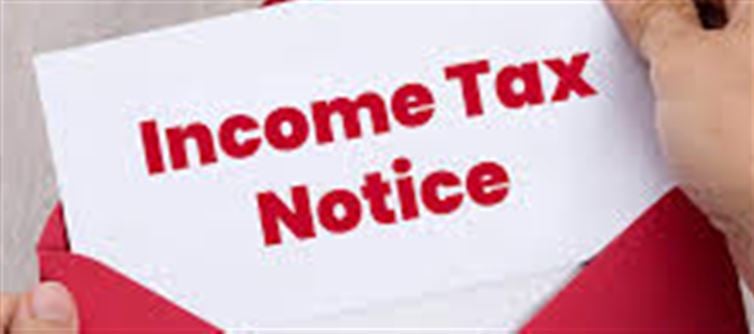
Paying rent in cash might seem convenient, but it could land you in trouble with the Income Tax Department. Here’s what you need to know:
1️⃣ The Rule You Must Know
· Any house rent payment exceeding ₹50,000 per month must be made through banking channels.
· Paying in cash is considered non-compliant and may trigger scrutiny.
2️⃣ Why Cash Payments Are Risky
· Unrecorded cash transactions are hard to verify.
· Income Tax authorities may view them as tax evasion attempts.
· Could result in notices, fines, or penalties.
3️⃣ How to Make Rent Payments Safely
· Use bank transfer, cheque, or wallet PLATFORM' target='_blank' title='digital-Latest Updates, Photos, Videos are a click away, CLICK NOW'>digital wallets for rent payments.
· Maintain proper rent receipts and bank statements for proof.
· Ensure the landlord’s PAN is declared if the rent is above ₹1 lakh annually.
4️⃣ Benefits of Compliant Rent Payments
· Avoid unnecessary income tax notices.
· Build a paper trail for financial transactions, useful for loans or other official purposes.
· Eligible for House Rent Allowance (HRA) exemptions without issues.
5️⃣ Key Takeaway
· Paying rent in cash above limits can invite legal scrutiny.
· Always opt for wallet PLATFORM' target='_blank' title='digital-Latest Updates, Photos, Videos are a click away, CLICK NOW'>digital or bank payments and keep proper documentation.
· Stay informed about Income Tax rules to avoid fines and hassles.
Disclaimer:
The views and opinions expressed in this article are those of the author and do not necessarily reflect the official policy or position of any agency, organization, employer, or company. All information provided is for general informational purposes only. While every effort has been made to ensure accuracy, we make no representations or warranties of any kind, express or implied, about the completeness, reliability, or suitability of the information contained herein. Readers are advised to verify facts and seek professional advice where necessary. Any reliance placed on such information is strictly at the reader’s own risk.




 click and follow Indiaherald WhatsApp channel
click and follow Indiaherald WhatsApp channel